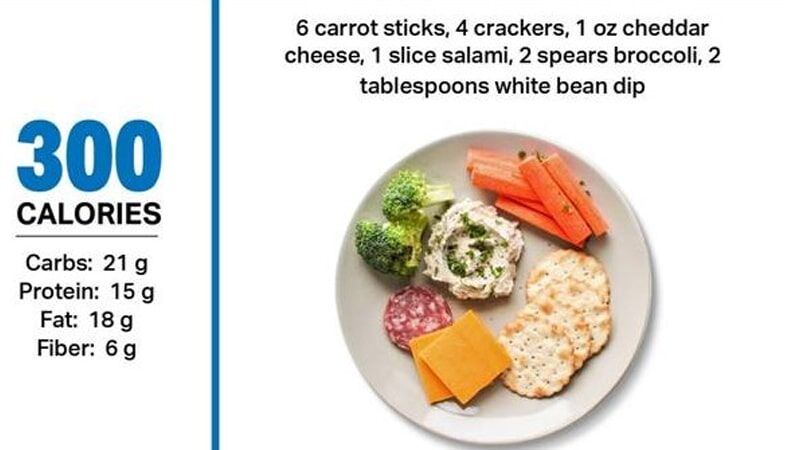It is a well-known and talked about the rule that if you want to lose weight you have to reduce your calorie intake. The equation is simple if you burn more calories than you take in you will lose weight. It may seem obvious the way to lose weight is to cut back your calorie intake and increase your calorie burn. However, it’s important to watch the way you cut calories, it can backfire if you are not careful about the way you reduce your calorie intake.
When you’re on a low-calorie diet, you usually get between 800 and 1,500 calories a day. For some people, an alternative for short-term weight loss is a very low-calorie diet.
Unsustainable
The first reason a low-calorie diet alone doesn’t work is that they are usually unsustainable. People may drastically cut their calorie intake, down to 1,000 calories or less per day, but they can be pretty unhappy during this time.
A very low-calorie diet can leave you constantly feeling hungry or irritable usually because the feeling of being full only last a short time. When someone feels like they are always in a state of constant hunger, they usually can’t sustain the limits of this diet for a long time. They may be more susceptible to drastically increasing their calorie intake (relapse). This usually offsets any previous weight loss progress made initially.
When food intake drastically decreases, the metabolic rate will also slow over time. This is another reason why cutting calorie intake too low could not work. If someone follows a low-calorie diet for 4-6 weeks, most of the weight loss is water and glycogen weight, not a lot of fat loss.
Caution
We believe reducing calories below 1,000 calories per day can be done safely. It takes a combination of higher protein intake and choosing your carbs carefully. Following a VLCD (400-800 calories) should be monitored carefully, because it could cause health risks. Obese patients that are at least 30% over ideal body weight may be prescribed a VLCD for extreme weight loss.
A diet of less than 1,000 calories per day will cause weight loss, depending on your activity level, but weight loss can often be short-lived. However, many vegetables are low in calories but have significant amounts of vitamins and minerals your body needs. Combine that with a rich protein source, if you don’t wish to consume meats, try beans, lentils, etc to fill your protein needs.
Remember proteins provide a range of benefits including
- Reduces Appetite and Hunger Levels. …
- Increases Muscle Mass and Strength. …
- Good for Your Bones. …
- Reduces Cravings and Desire for Late-Night Snacking
For our older readers who may be having joint pains, If you are looking for a good protein source we recommend oily fish like Salmon, sardines, In addition to the valuable benefits you receive from protein. Oily fish provides Omega3 which provides the additional benefit
Omega 3 fatty acids decrease inflammation, decrease blood clotting, and can decrease LDL cholesterol. Omega 3’s may even help someone lose weight on a VLCD, according to a 2006 study in Physiological Research.
Exercise
Another reason low-calorie diets may seem not to work is that it is difficult to exercise on low-calorie diets. Often people complain of feeling tired all the time or weak on low-calorie diets making it hard to exercise.
Exercise is vital for weight loss, maintenance, and building lean body mass. If you’re not able to exercise on a low-calorie diet, it can hamper weight loss and lower muscle mass.
Conclusion
Low-calorie diets may work for weight loss, but the results are usually not sustainable or long-term. Also when cutting calories drastically, it can be hard to get adequate amounts of key vitamins, minerals, fiber and protein. Getting exercise is also hard to sustain on low-calorie diets, and exercise plays a key role in supporting muscle mass and weight maintenance.
Again it is our position that a low-calorie diet is supplemented with high protein foods to offset the potentially damaging effects of a low-calorie diet.

